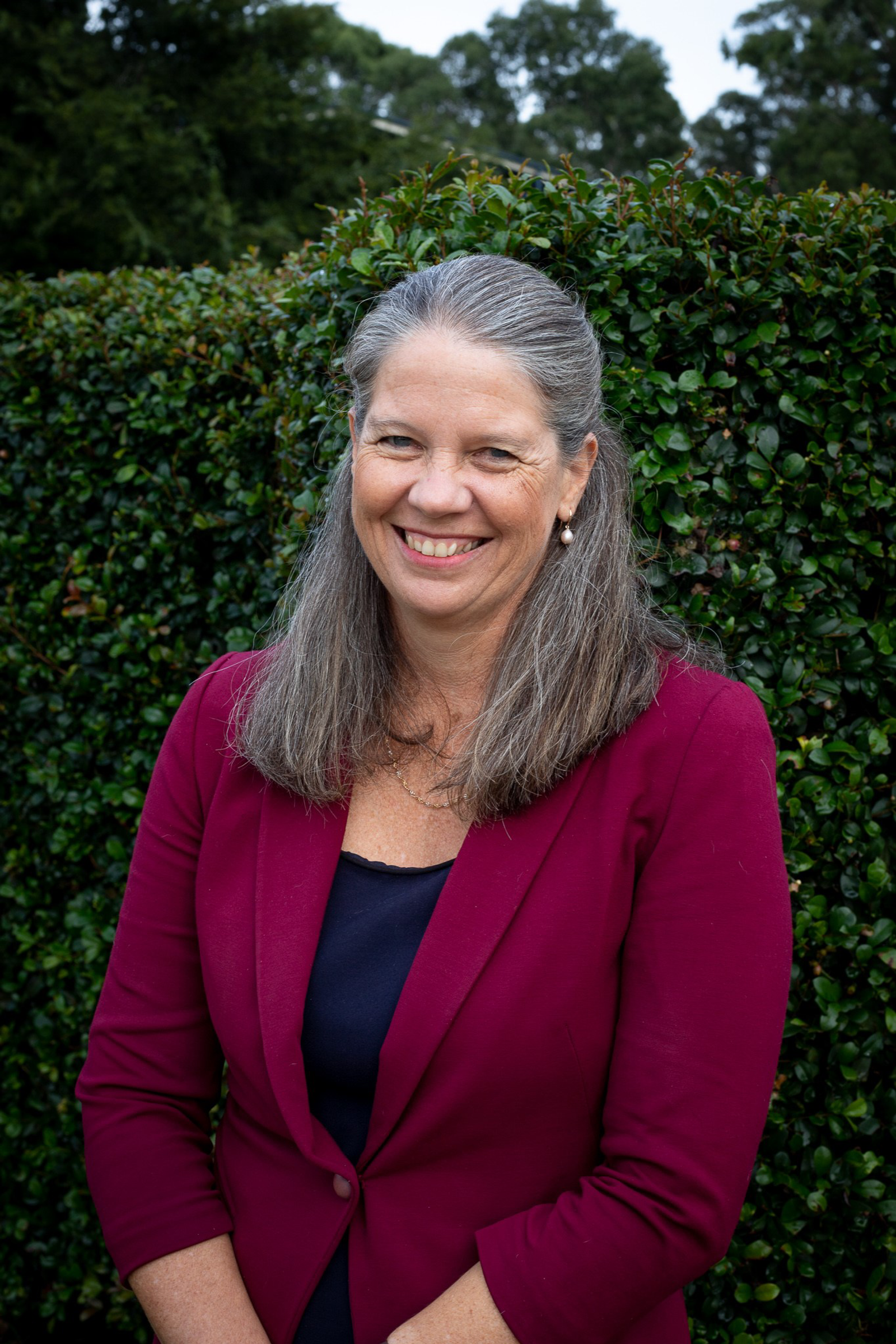From the Principal

Last week, Rufus Black, Vice-Chancellor of the University of Tasmania was interviewed by the ABC. He was asked to comment on his views of the state of education in Tasmania. He expressed deep concern, pointing particularly to the low level of students completing Year 12 which was only 53% in 2023. He argued that this falls well short of what we should be aiming for, both for the benefit of individuals and the wider community. He argued that our goal should be 90% completion.
He argued that the low completion rate meant that many young people were not receiving the education they would need to prepare them for the future as more and more roles require further education. Black noted that by 2050 over 80% of jobs will require either university or vocational qualifications.
Black also argued that improvement in education is at the core of tackling some of the big challenges in our community as better education outcomes can lead to better jobs, better health and, ultimately, a longer life.
While the scale of the issue for Tasmania is significant, Black pointed to some simple solutions. The first is ensuring that everyone in the community cares about education. As a community, we want to be sending reinforcing messages to our children that say that we consider education important. This can be through encouraging them to maintain high levels of attendance, by talking to them about their learning, by being involved in school events and activities and by engaging with teachers, especially when concerns may arise.
Another of Black’s improvement focuses was holding the belief that every child can achieve. There is ample research evidence to say that maintaining high expectations for an individual has significant impact on student outcomes. This does not mean that every child will learn in the same way or at the same pace but that we maintain the assumption that every child can and should make important learning gains. Children are very good at picking up subtle cues and the implied messages we send about their capacity to learn shape their perception of themselves.
Black’s third focus was the importance of ongoing monitoring of student learning outcomes and putting in place interventions when a student does not make expected growth. I have written before about the state Lifting Literacy initiative and the improvements we have been enacting at the College. Over the past two years, we have been working at implementing a more rigorous program of ‘temperature checks’ within the vital primary years and research-grounded intervention programs to upskill students in areas of literacy where needs have been identified. This will continue to be a focus for us for the coming years.
Like Black, I have many concerns for the Tasmanian education system but I am also encouraged that I see substantial evidence that the areas for improvement that Black advocates for align with our College improvement priorities and am grateful that we can work together as a school community to make a positive difference in the lives of our young people.
Jodie Bennett
Principal
